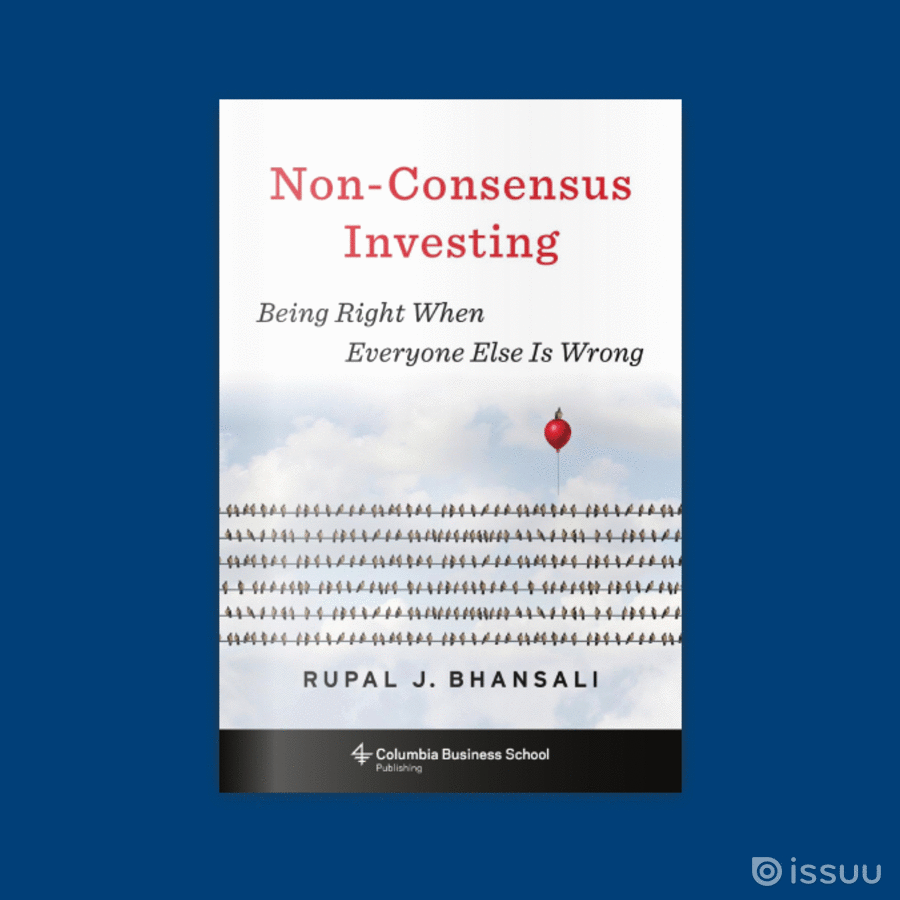Interview with Michael Yogg, author of "Passion for Reality: The Extraordinary Life of the Investing Pioneer Paul Cabot"
The following is an interview with Michael Yogg, author of Passion for Reality: The Extraordinary Life of the Investing Pioneer Paul Cabot. Find out how to win a FREE copy of Passion for Reality!
Question: Why did you chose to write about Paul Cabot?
Michael Yogg: I knew Paul for the last 16 years of his life (1978-1994) and worked for his company for nearly two decades. I’ve spent most of my life in the investment business but have been trained as both an historian and an investor. Paul was an important pioneer of the mutual fund industry in the 1920s, when he was also known for his denunciations of corruption on Wall Street. He had a major hand in crafting New Deal securities legislation, including the Investment Company Act of 1940, which is still fundamental to mutual fund regulation. He was an extraordinary investor, in part due to his insistence on meeting managements face-to-face, long before most of his competitors did so. He also was among the first to value stocks on earnings, their price/earnings ratio and growth rate, rather than the more traditional dividend yield that had prevailed before the mid-1920s. He quintupled the Harvard endowment when he was treasurer. And he was a tough, no-nonsense corporate director. But the most important reason for the book is who he was, not what he did, his personality and his character.
Q: Tell us more about that.
MY: Paul received a traditional, upper-class Boston Brahmin upbringing, and this shaped his character. But he was also an iconoclast, a rebel really; his personality and his strong will made him stand out. When he discovered dishonest behavior he became incensed. In spite of all the ethical problems we face in the financial markets today, no one gets as angry as Paul did when he detected and publicized mutual fund price manipulation, and when the perpetrators tried to shut him up by pressuring a bank where he was a director. “I flamed up. I got so god damned mad.” His morality and his temper extended to his private life. When he was reprimanded for bringing his close friend Sidney Weinberg, a Jew who was then head of Goldman Sachs, to his private club, his response was to tell the club president to stick the club up his ass. And Paul promptly resigned. He accomplished more than his contemporaries because of his stubbornness and what today is called “out-of-the-box” thinking.
Q: Give us an example of his “out-of-the-box” thinking.
MY: Paul founded one of the first two open-end mutual funds; actually the first to be funded and to operate, the second to be legally chartered. This was a bold move because open-end fund investors can withdraw their money on very short notice, and this type of fund had never been tried before. Paul, who as an upper-class Bostonian had access to the leading financiers of his day, interviewed all of them, and was told that his idea was too risky, “crazy” according to one of them, and besides, he was proposing it at the worst possible time (1924). In truth it was one of the best possible times. He and his partners went ahead with their business plan, but because everyone had told them how risky it was, they began with only their own money. If it didn’t work out, they would not lose their clients’ money. After three years they opened it to the public and it was tremendously successful.
Q: It sounds like Cabot put his clients’ interests first, and thought of himself only second, quite a different story from what we read about in the papers today.
MY: That is an important point. During the early years of Paul’s career, laws and ethical standards were in a state of flux due to the turbulent times—the “roaring 20s,” the crash, and the depression. And standards for things like insider trading were not firmly established until the 1960s. What kept Paul out of legal trouble and preserved his reputation for integrity was his extreme concern for his clients. Securities laws and ethical standards can be complex, but by making client interests paramount, the fiduciary minimizes his chances of violating laws or ethical standards. Jack Bogle, the founder of Vanguard who is known as a defender of the average mutual fund shareholder, sees this book as “a vital link to returning the mutual fund industry to the high fiduciary standards that were once its hallmark.”
Q: What do you hope your book will accomplish?
MY: First, I hope it will be as much fun to read as it was to write. Paul was a funny, passionate, sometimes profane man, someone with a violent temper but one who was also full of good will and good fun. In the book I contrast him to the stereotypical New Englander, as represented by the fictional characters of his day, such as John P. Marquand’s George Apley and Georges Santayana’s Oliver Alden, “the last Puritan.” I claim that if Paul Cabot were a fictional character, it would require the combined talents of Melville, Twain, and Whitman to produce someone of such passion, humor, and joy. He was a Bostonian but, even more, he was an American.
I also want to have an impact on the investment “profession,” as Paul called it. Harry Markopolos, who uncovered the Madoff scandal and knows a lot about swindlers, writes, “It takes exceptional leaders to create sound new forms of investing that are profitable for investors and not merely for their creators.” (emphasis added) He continues, “Reading this book had me asking, ‘Who are the finance industry’s next leaders, and where are they going to come from?’” I hope these leaders read the book as well.


